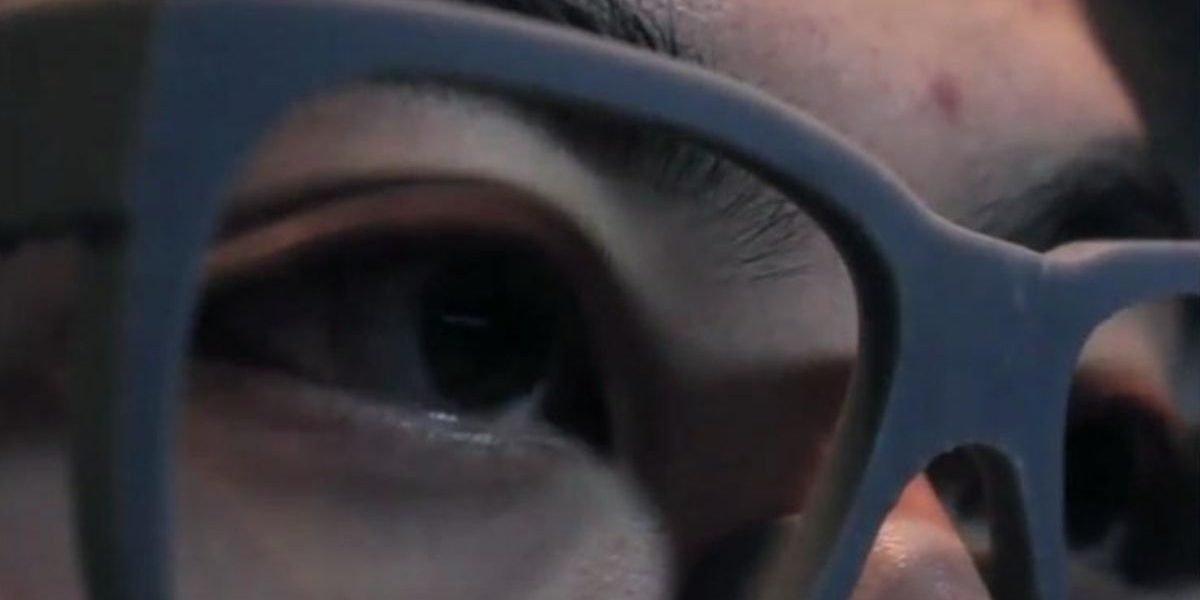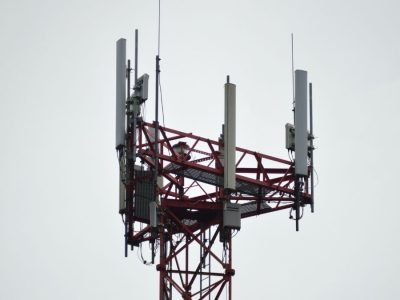AdHawk Microsystems launches camera-less eye-tracking sensors for AR/VR

AdHawk Microsystems is launching an eye-tracking that uses sensors that don’t use cameras. A critical component of augmented reality and virtual reality systems, eye-tracking, but doing it is expensive when done with cameras.
AdHawk powers immersive experiences in AR and VR by enabling faster gaming, more effective training, and effortless user interfaces. The company is now augmenting its eye-tracking technology for clinical research where traditional practices have relied on qualitative measurements of eye movement as indicators of neurological health.
AdHawk replaces cameras with ultra-compact MEMS that eliminate power-hungry image processing, thereby improving speed and energy efficiency by more than twice its nearest competitor.
AdHawk’s MindLink technology uses micro-electromechanical systems, or MEMS, tiny chips that are designed to handle mechanical functions. AdHawk’s MEMS will result in light wearable eye-tracking technology that can be integrated with AR glasses or VR headsets, said CEO Neil Sarkar in an exclusive interview with GamesBeat. The company has also built the sensors into its own glasses prototype that researchers can start using soon.
AdHawk also offers flexibility by not being limited by bulky products that can only be used in a lab environment. The Android or PC-tethered prototype glasses are delivered in the form of traditional eyeglasses that can be worn all day.
This will also allow researchers and physicians to conduct eye-tracking assessments in more settings than ever before, including a doctor’s office, in the field, or even in a patient’s home.
The good quality of data collected will enable researchers to study conditions like anxiety, cognitive load, reading issues, ADHD, concussions, epilepsy, and early indications and progression of Alzheimer’s and Parkinson’s disease.
The device could also be used to track whether a driver is paying attention in traffic.
AdHawk’s glasses are available for pre-sale orders from today.
Kits are expected to ship within six to eight weeks of the presale closing date. The device is not cleared by the Food and Drug Administration.



